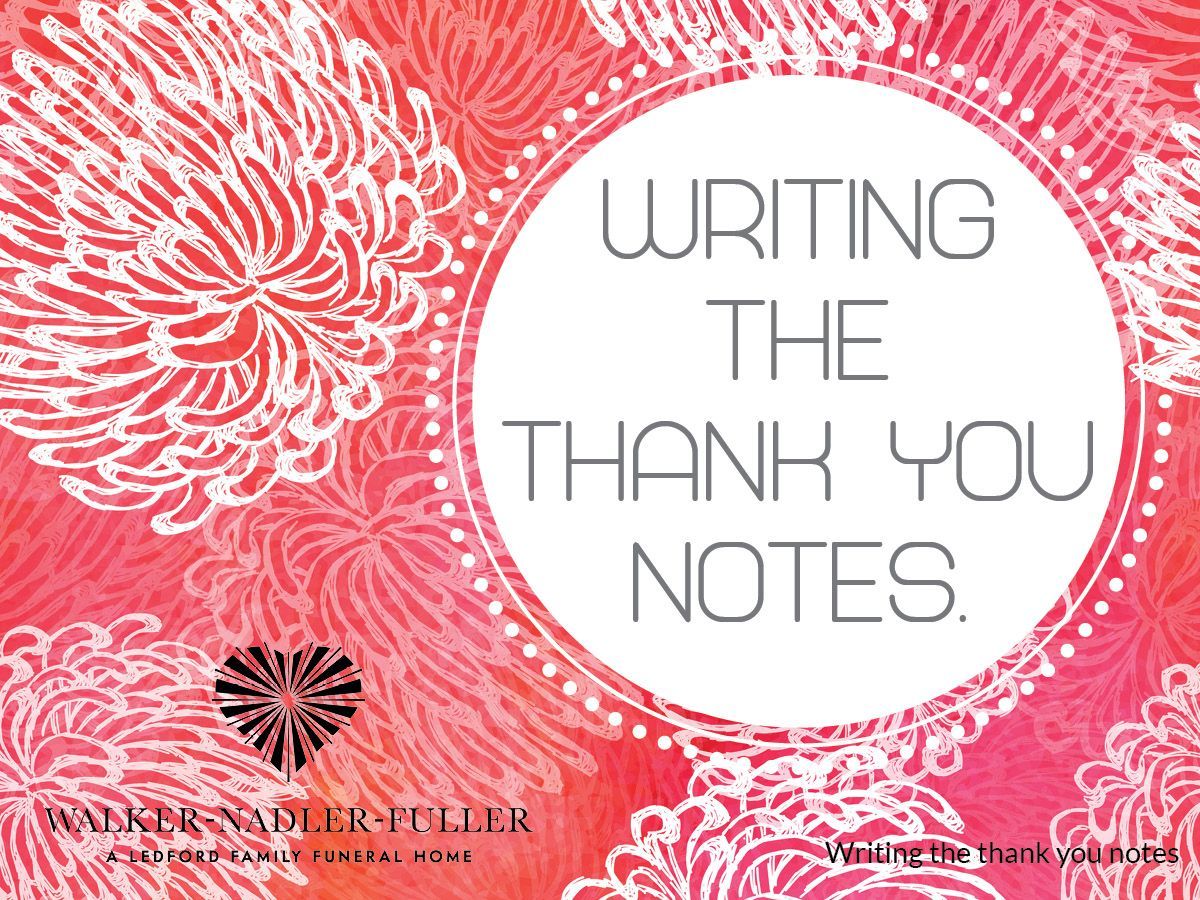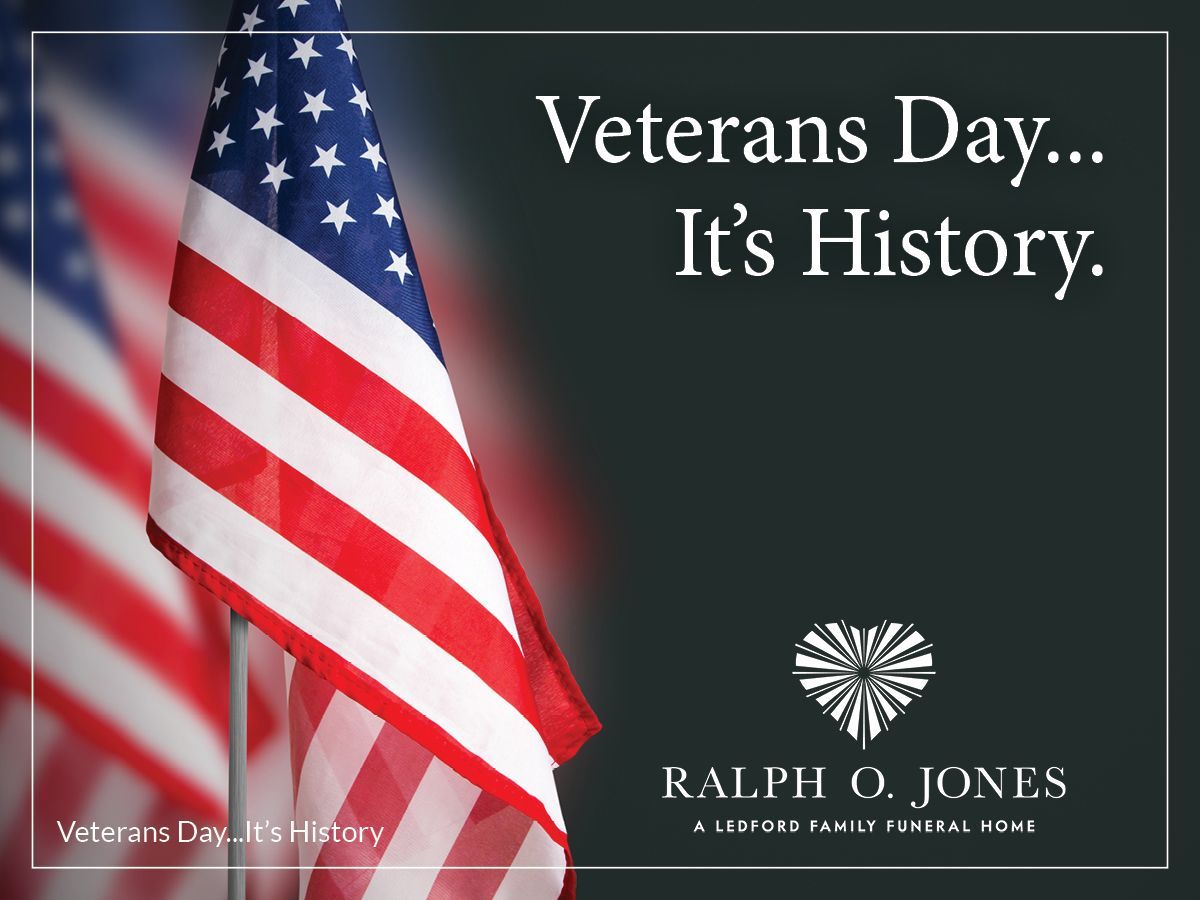Preparing for a Funeral: Clear and Open Communication with a Funeral Home
Preparing for a Funeral: Clear and Open Communication with a Funeral Home
Planning a funeral starts with creating a relationship with your funeral home, which is forged through clear and open communication. What should you talk to your funeral director about? Let’s break down the main topics you’ll need to be open about with your funeral home.
What to Talk to Your Funeral Director About
1. Clear and open communication with a funeral home starts before you begin planning the funeral.
Before you can begin planning your loved one’s funeral, you’ll need to find the right funeral home to work with. If your loved one preplanned their funeral, they will have already decided on the funeral home you’ll be working with. Otherwise, you should make screening calls to the funeral home and then set up preliminary meetings with those that pass the screening call. Ideally, you’d like to set up an in-person meeting with the funeral director you’d be working with. During the meeting, ask questions that align with your needs. Some things to consider asking include:
● How long has your funeral home been serving this area?
● How many people can you host for a funeral? How about a viewing?
● How can you tailor your funeral to my loved one’s religion?
● What kinds of additional offerings do you have, such as printing services?
● What kinds of services can my loved one have?
● What types of caskets and urns do you offer?
2. Bring documentation of your loved one’s biographical information.
Once you decide on your loved one’s funeral home, you’ll begin arranging the funeral, which means spending more time discussing your options with the funeral director. But before you can get into the details, you’ll have to discuss your loved one’s biographical information.
There are two main reasons why your funeral director needs to know your loved one’s history in great detail. For one reason, your funeral director will be able to help you write your loved one’s obituary, which should give a picture of who your loved one was, in addition to directing the local community on when and where the funeral will be held. The second reason is that your funeral director needs to be able to help you with essential paperwork, such as filling out a Cremation Authorization Form, which you’ll need to procure a cremation permit, or filing for death certificates, which you’ll need several of to take care of your loved one’s estate.
When you meet with your funeral director to discuss your loved one’s background, bring documents that include their:
● Full name
● Social security number
● Spouse’s name
● Children’s name
● Parents’ name, including mother’s maiden name
● Work history
● Educational history
● Military service
● Memberships and affiliations with churches, clubs, and other organizations
You should also bring other items that help piece together the puzzle of who your loved one was. In addition to recent photographs, bring photo albums that include some of the snapshots you may want to include in the funeral. You can also bring things that have to do with your loved one’s hobby. For instance, if your loved one was a talented painter, you may want to show the funeral director some photos of their most beloved work. The more you can show the funeral director who your loved one was, the more detailed their obituary can be.
3. Ask about services offered and how they can be tailored to your loved one.
By the time you begin arranging a funeral with your funeral director, you should have a pretty good idea of the kinds of services the funeral home offers. But now’s the time to get more into details. Your funeral director should now also have a picture of who your loved one was. So, how can the services be personalized to your loved one? Think about and talk about what made your loved one special to determine what you might want to include in the services. The more detailed you can get, the more ideas you’ll be able to come up with together.
Funeral directors have plenty of experience incorporating a loved one’s personality into their funeral. If your loved one was an avid golfer, perhaps their beloved clubs could be placed by the casket or even incorporated into a floral arrangement. Or, if your loved one had been crocheting for decades, maybe some of their favorite projects could decorate the ceremony.
4. Ask for your options, as well as a price breakdown.
Most people have a budget in mind when they plan a loved one’s funeral, which is why your funeral director must be upfront about their costs. In fact, legally, they have to be. According to the Federal Trade Commission’s Funeral Rule, your funeral home must show you their General Price List, Casket Price List, and Outer Burial Container Price List. Your funeral director should offer these documents to you unprompted, but once you receive them, ask your funeral director to review them with you. What options make the most sense for your needs? How do the costs break down? Go through your choices together, and be sure to ask questions about anything you’re unsure of.
5. Describe any plans your loved one wanted and what you and your family envision.
If you’re the primary family member planning the funeral, you’ll be relaying information between your family and the funeral director. So, once you discuss the funeral plans with your family, be sure to document any questions or concerns they may have, as well as any ideas they’re envisioning for the funeral. Although you may be the main decision-maker, those who loved your loved one may want some of a say in how the funeral happens. Talk to your funeral director about how to incorporate your family’s requests. You’ll also want to be sure that your funeral director knows who the pallbearers will be, who will be giving the eulogy or other speeches, and who will be in the funeral procession. On the day of the funeral, the funeral director will be the one to ensure that everyone has what they need to complete their task and are in the right place at the right time.
Your funeral director is both a resource and a support system when you’re planning a funeral for your loved one. To ensure they can fulfill their duties, you need to be open with them about everything from your loved one’s history to how your family envisions the day of the funeral. Your funeral director is in your corner and is honored to create a beautiful event for someone so dearly loved, and clear communication is the key to making that event happen.












